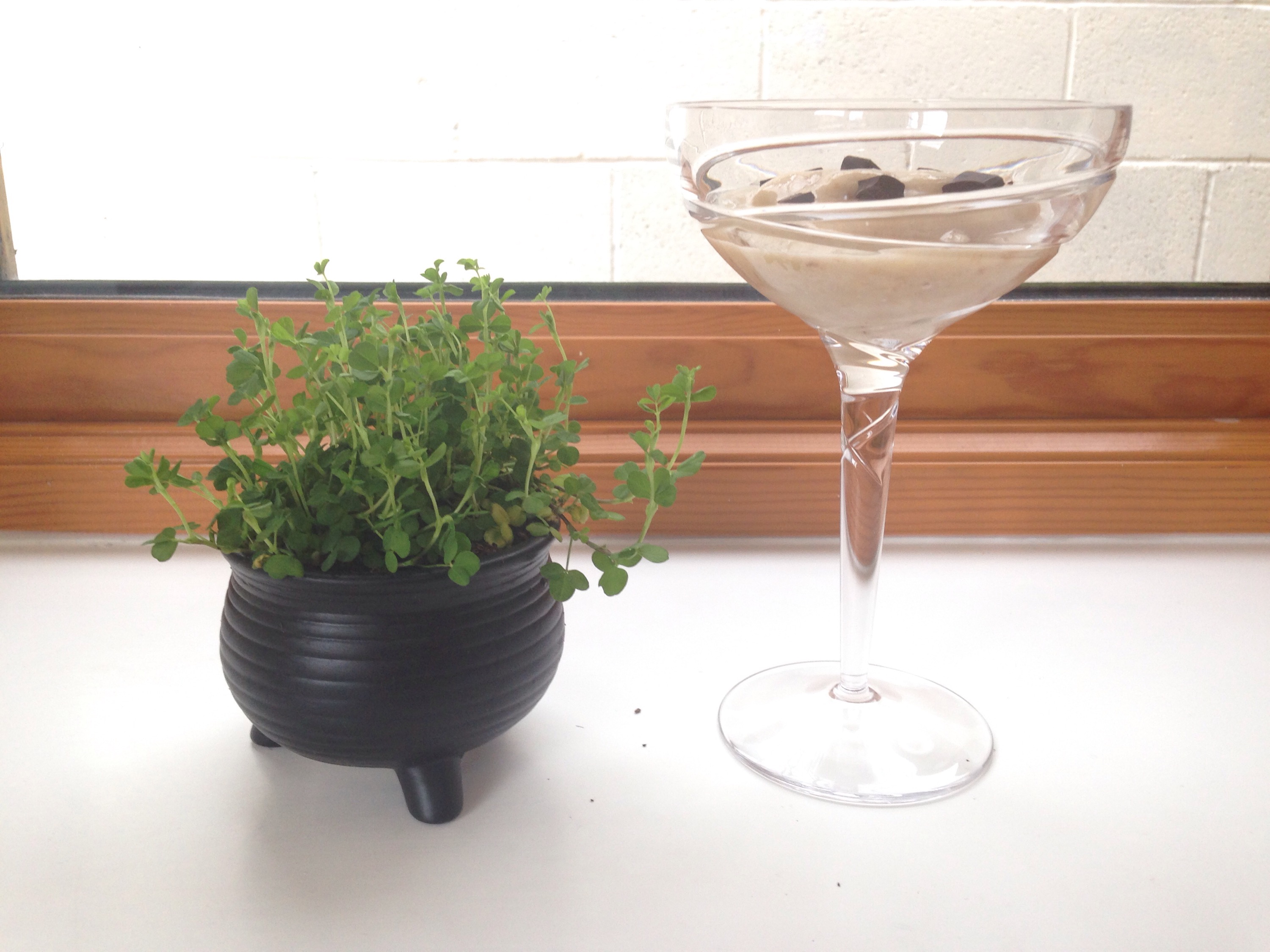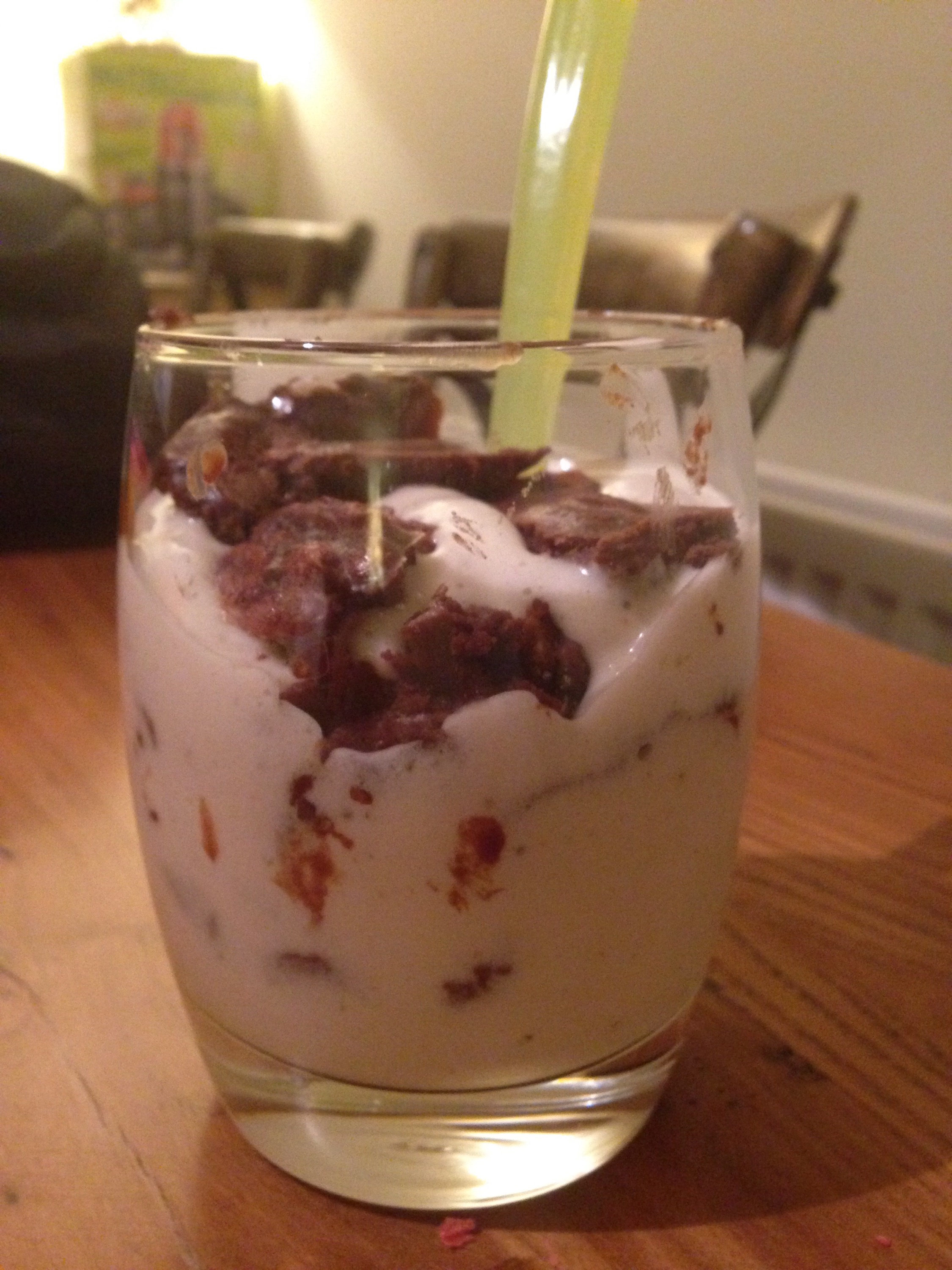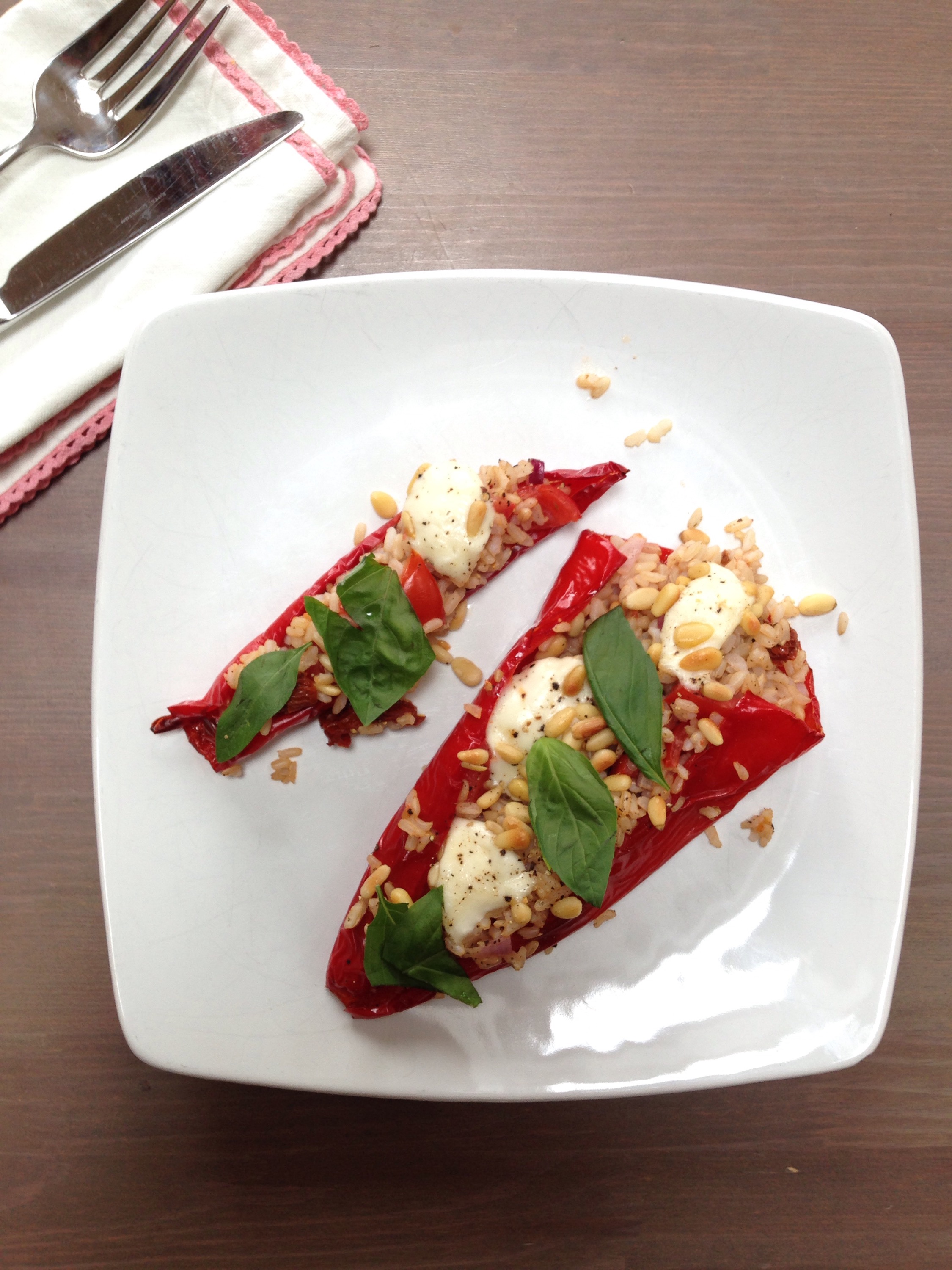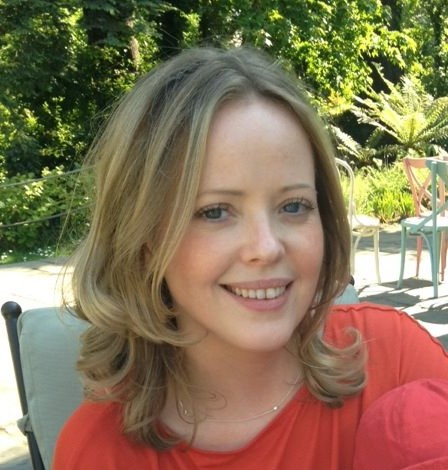“Nothing will benefit human health and increase chances for survival of life on Earth as much as the evolution to a vegetarian diet”
Albert Einstein
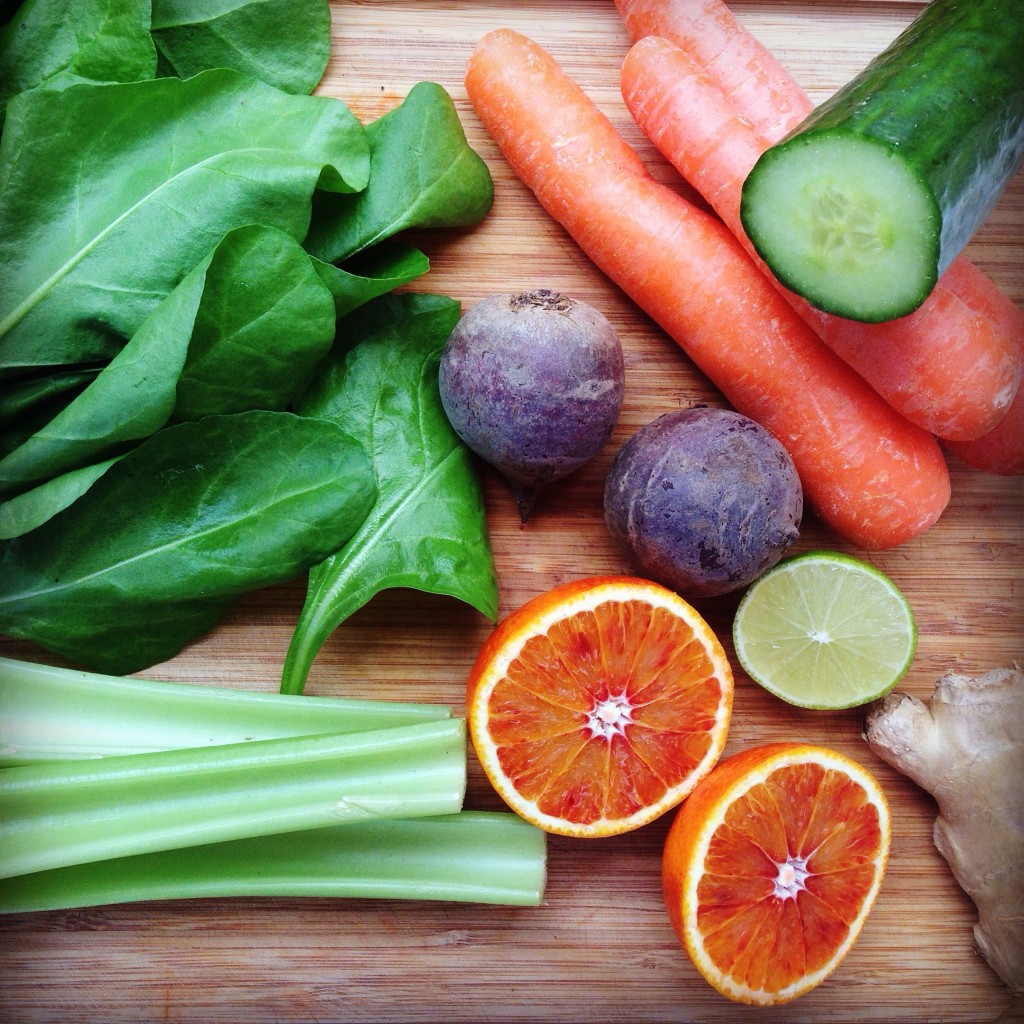
I frequently have people ask me what do I eat on a mainly plant based diet. Most people’s perception of becoming vegetarian or vegan seems to be that you’re limited with your food choices. Being vegetarian for 11 months now it is amazing how quickly I found being asked this question strange.
Limited? No.
I’ve decided to stop eating five animals, Cows, Pigs, Sheep, Chicken and Fish. However I’ve been Introduced to a whole new variety of foods that were previously used as a side act to these animals. Quinoa, buckwheat, oats, red lentils, puy lentils, kidney beans, pinto beans, black beans, butter beans, cannellini beans, chick peas, hemp, chia seeds, pumpkin, sesame and sunflower seeds, avocados, walnuts, almonds, pecans, hazelnuts, brazil nuts, pineapple, grapefruit, berries, lemons, limes, bananas, spinach, rocket, cos lettuce, cucumber, celery, beetroot, broccoli, ginger, onions, garlic, carrots, peppers, courgettes, aubergines, sweet potatoes, fennel, red & white cabbage, coconut milk, mushrooms, tomatoes, tahinni, raw cacao, coconut oil, gogi berries, hummus, ACV, coriander, basil, parsley, mint, chives, rosemary, bay leaves, spring onion, cumin, turmeric, paprika = Eureka! A plant based diet is an abundant one! I could continue but I’ll stop. These are just some of the foods that I now eat daily.
A limited diet? Most definitely not.
A limitless diet I like to call it!
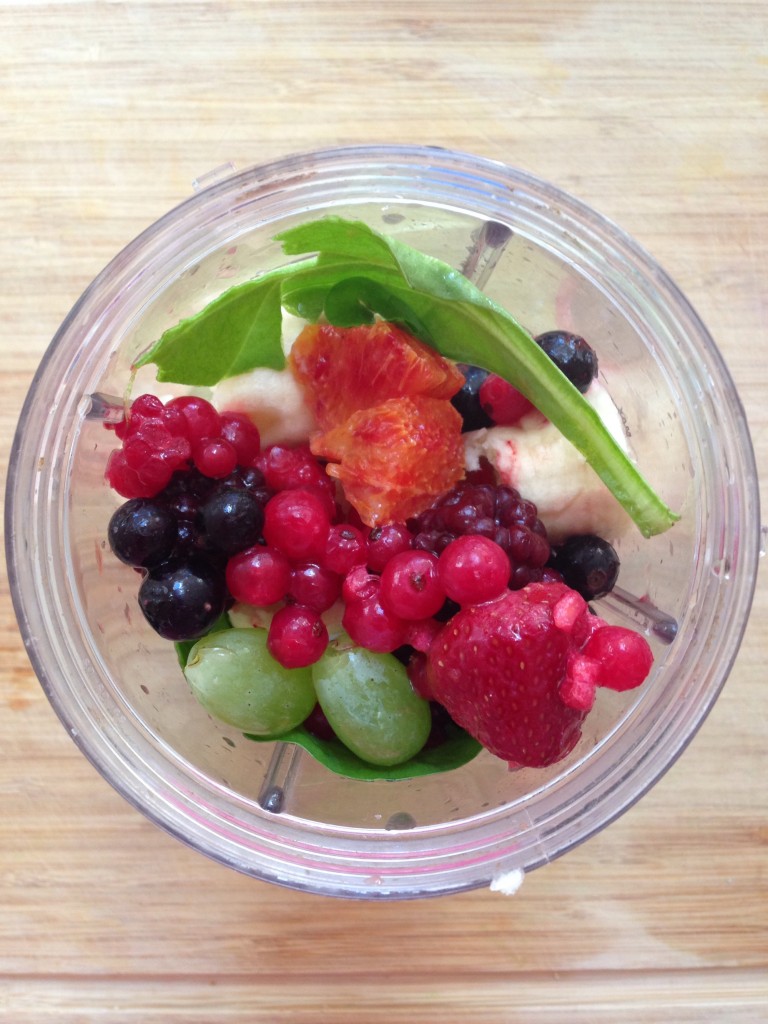
I can understand one having initial caution about venturing into a different lifestyle diet, after all we’re conditioned from about 6 months old to eat animals and their products, but trust me a world of amazingly delicious, wholesome, nutritious, energising foods awaits you.
I remember when I started this healthier way of eating I was not hugely supported. I was really quite taken aback with people trying to convince me that I would get sick or deficient in some nutrients, that it was a passing phase, that it’s normal to eat meat sure hell we’ve been eating it since the cavemen! Yes but the caveman did not have the same vast range of other highly nutritious foods available in the local supermarket and he certainly was not mass producing these animals to gorge on for morning fry ups with latte, chicken sandwich followed by milk chocolate bar for lunch and after a day’s hunting/gathering sit down to a steak dinner and creamy desserts. If we are going to draw a comparison with the cavemen let it be an informed and honest one and not a regurgitated statement that suits the argument for continuing to eat meat.
Luckily I was determined and very passionate in my knowledge that I no longer needed or could eat another animal killed for my food. I decided to research the nutrition available to me on a mainly plant based diet. I can honestly say that I am much better nourished now as a vegetarian than I was as an omnivore.
In this blog post I’ve tried to demystify vegetarian and vegan diets and let you know where you can get all the nutrients to have bountiful energy, stay healthy and look great!
There are 5 key nutrients which we have become dependent on meat and dairy as our food sources but these food groups are available to us from non-animal sources.
- Protein
- Calcium
- Iron
- Omega fatty acids
- Vitamin B12
Protein
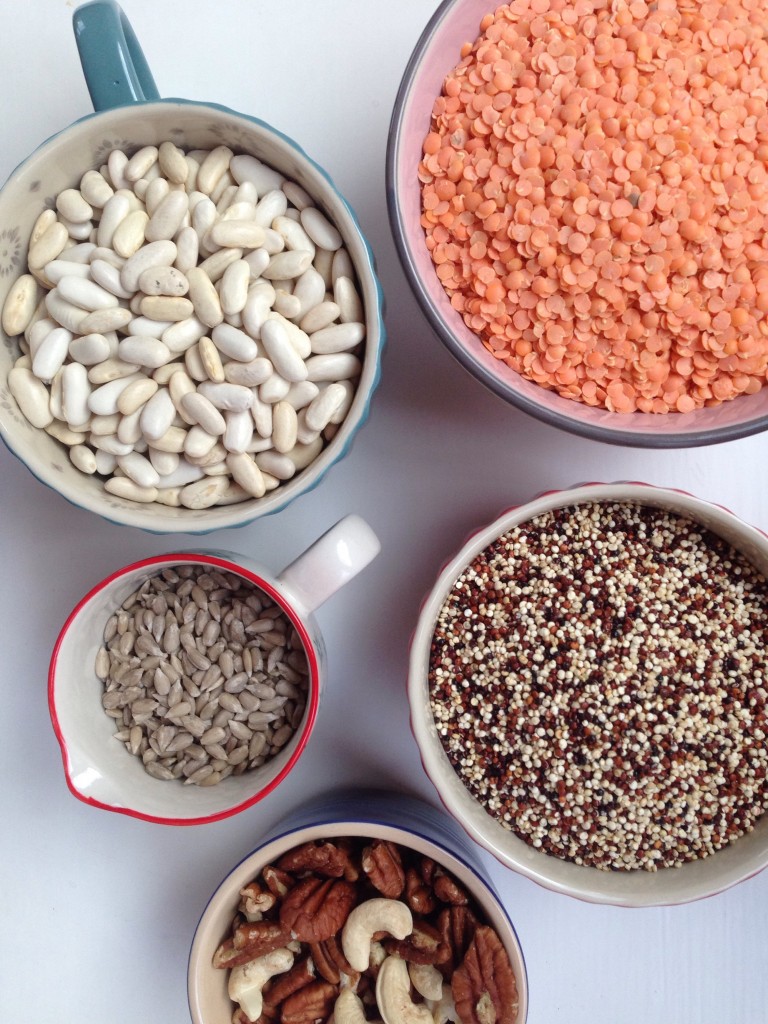
Protein is a macronutrient and its function within the body is for growth and repair. The estimate of how much you need is calculated as 0.8 grams of protein per kg weight. This varies depending on activity and age. Good sources of plant based proteins are
- Beans – these include black beans, pinto beans, cannellini beans, butter beans, kidney beans, chickpeas.
- Lentils – yellow lentils, red split lentils and puy lentils
- Quinoa – popular now and easily available. Cooks just as you’d cook rice.
- Nuts – walnuts, almonds, pecans, hazelnuts, Brazil nuts, macadamias to name a few.
- Seeds- pumpkin, sunflower, sesame, chia, flax seeds.
- Vegetables
Calcium
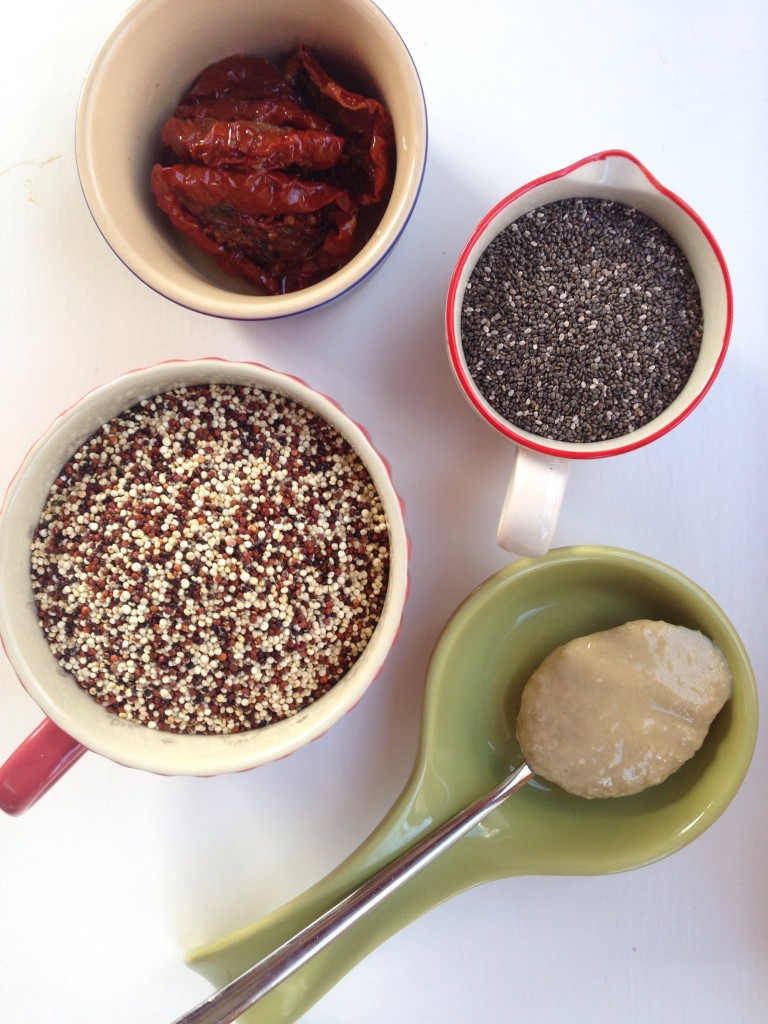
The vast majority of the dairy we consume has been pasturised changing calcium into calcium carbonate a much less absorbable form. Dairy is also highly acidic. An acidic environment helps support illness and disease. So to neutralised the negative acidic effects dairy has on our body, calcium which is alkaline, has to be leeched from our bones. This helps stabilise our internal environment but depletes calcium from our bones. Therefore countries with the highest intake of dairy have the highest rates of osteoporosis. Calcium RDA is between 800 and 1200 mg.
Good sources of plant based calcium
- Sesame seeds
- Tahinni
- Chia seeds
- Figs
- Sundried tomatoes
- Tofu
- Orange juice
- Almonds
- Dried fruits
- Quinoa
- Blackstrap mollases
Iron
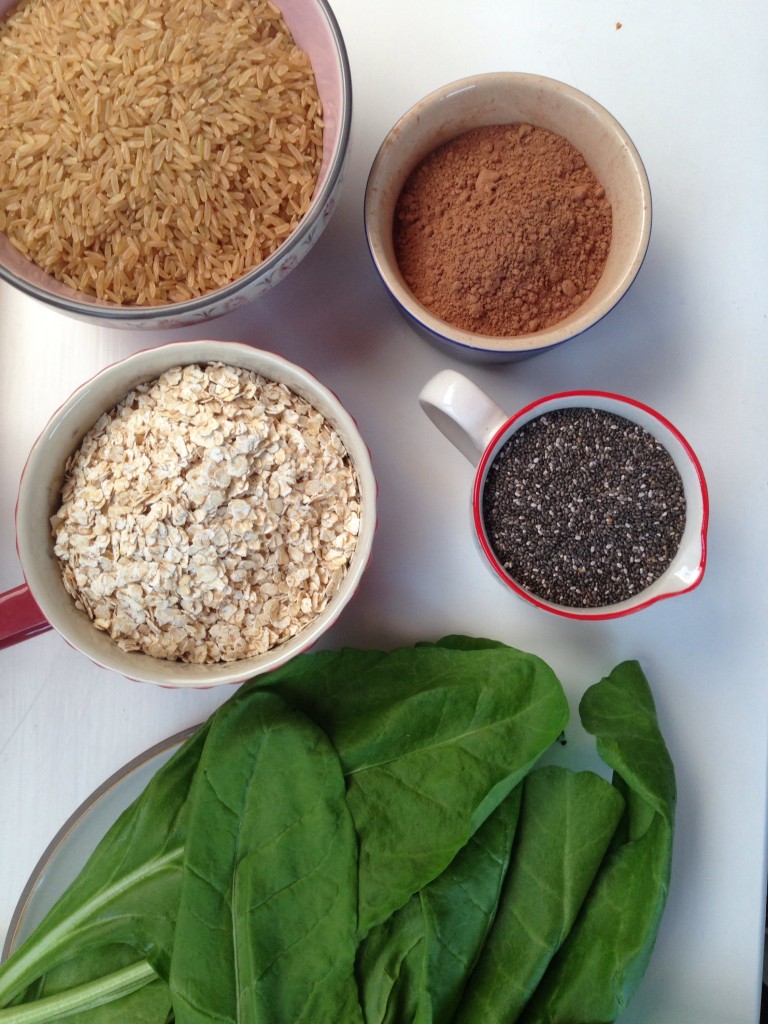
Plant based sources of iron are slightly less absorbable so it’s important to ensure you are getting good quality and quantity of iron based plant foods. Taking a good food source of vitamin C for example a glass of orange juice, squeezing lemon juice over your salad or adding lime juice to your green vegetable juice greatly aids iron absorption. Also avoiding tea and coffee helps as the tannins in these drinks can bind to the iron reducing iron absorption. RDA varies between 8mg and 18mg depending on age, sex. Pregnant women need more.
- Brown rice
- Black beans
- Thyme dried
- Oats
- Apricots
- Dark leafy greens
- Raw cacao
Omegas
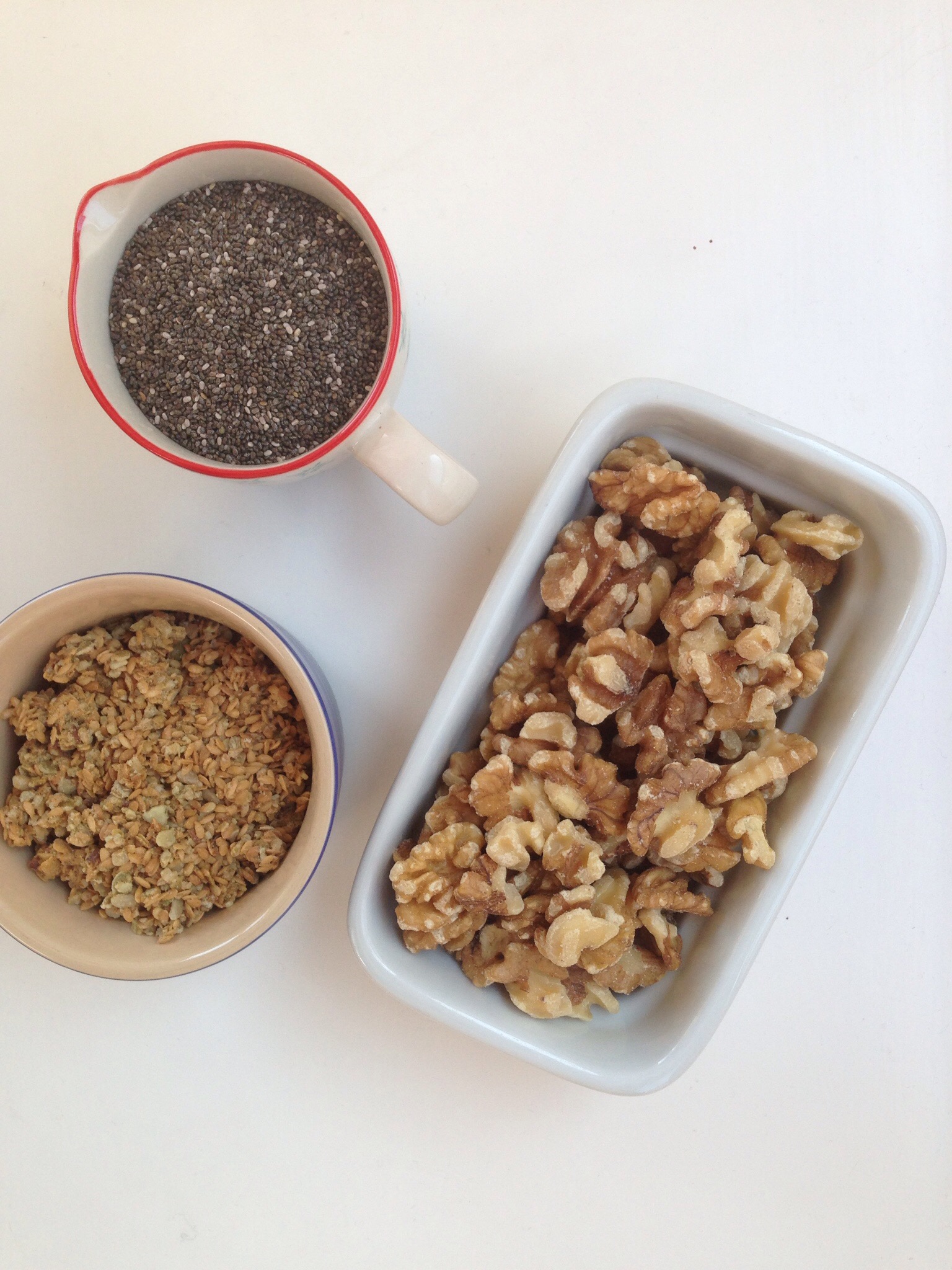
Omega 3 and 6 fatty acids gets a lot of press these days. These are essential as the body can’t produce them. Omega 3 is the one to focus on as omega 6 is abundant in our diet. ALA, EPA and DHA are the shortened name for these individual fatty acids. ALA is a plant based source. EPA and DHA are found mainly in oily fish. DHA is the form which the body absorbs so we convert ALA and EPA to DHA. Research shows that if we have significant amounts of ALA in our diet the conversion to DHA is adequate.
Good sources include
- Walnuts
- Chia seeds
- Flax seeds
- Udos oil
- Green vegetables
- Hemp
Vitamin B12
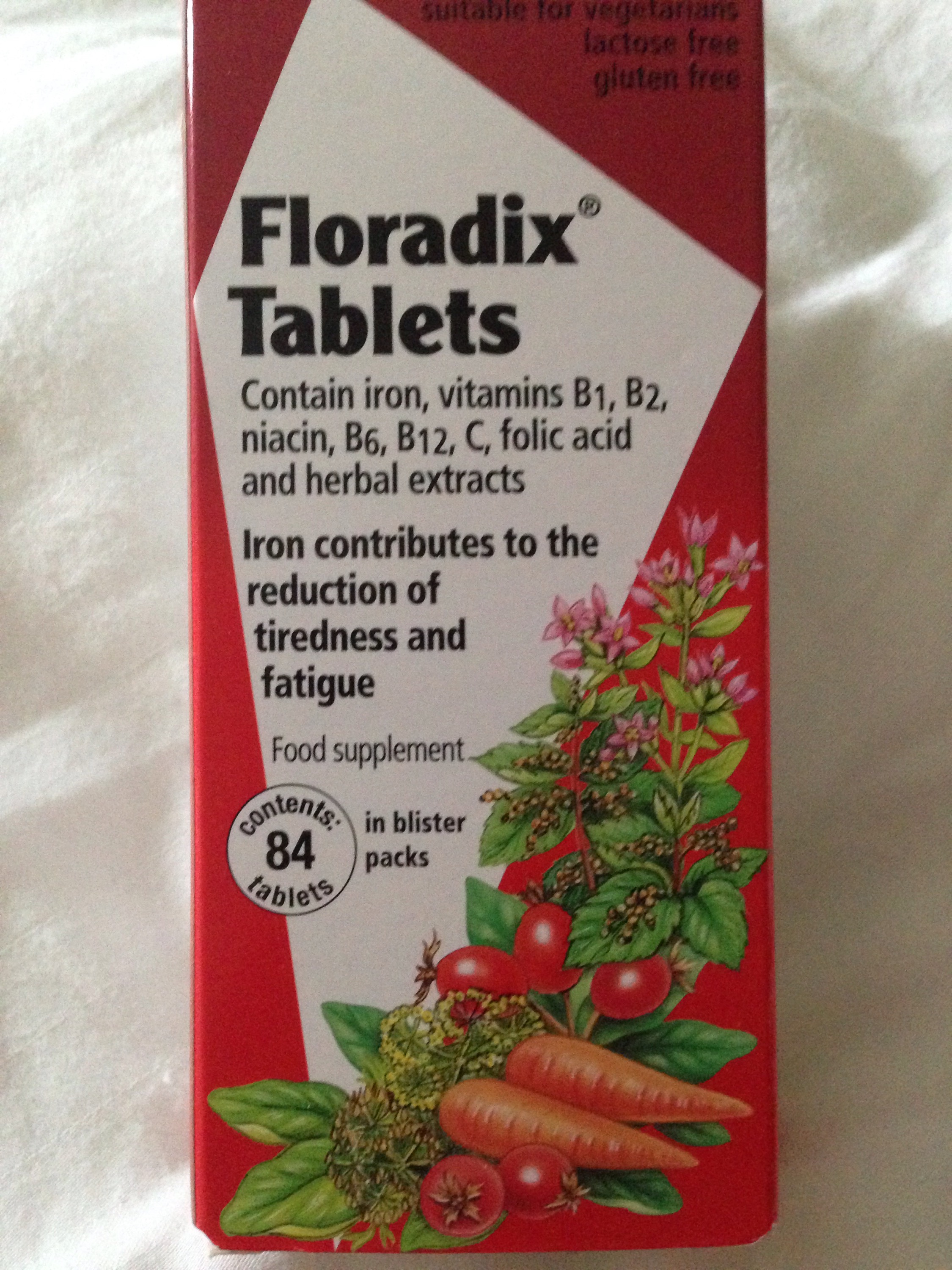
This vitamin is produced by bacteria and any animal or animal product which has a symbiotic relationship with these bacteria will have Vitamin B12. If you don’t eat animals or their products the easiest way to get this vitamin on a vegan diet is through supplements. I take this every night.
Why make the change?
There are 3 main reasons why people make the change and stop eating meat
- Environmental
- Health
- Animal welfare
The reason that I’ve made the change to a vegetarian diet is for animal welfare. On May 19th 2014 I gave up eating animals overnight. I watched a documentary called Earthings and I was shocked to my core at the horror of the reality of modern day factory farming. It was extremely upsetting to see vulnerable, voiceless, living beings being completely victimised, all for our food. I had never thought about where ‘meat’ came from or even made the connection that a sausage was once a living pig and within her world her life was important, it had meaning. That an evenings steak was actually a cow who’s life was ended for my 10 minute dinner. That the baby lamb I ate at easter had its life taken when she was at her most enthusiastic for life. It upsets me to think about the fear and bewilderment that must have been her final emotions as she was herded into the slaughterhouse.
I believe from the deepest part of my heart that it is our responsibility as more intelligent animals that we must not abuse our weaker friends. It is our responsibility to protect them and not tolerate injust actions towards these more vunerable creatures.
If you continue to eat meat ensure it has come from a farm that had given the animal a good life not cheap meat from an animal who never was given a chance to experience what humane living conditions for his species should have been.
We must make ourselves aware of the way animals are being mass produced for our food and the horror of the cramped livings conditions forced upon them. Think and register the vast amount of meat and dairy we now consume and try to equate how many animals must be killed daily to keep up with this demand.
“Poor animals! How jealously they guard their pathetic bodies, which to us is mearly an evenings meal, but to them is life itself”
T Casey Brennan.
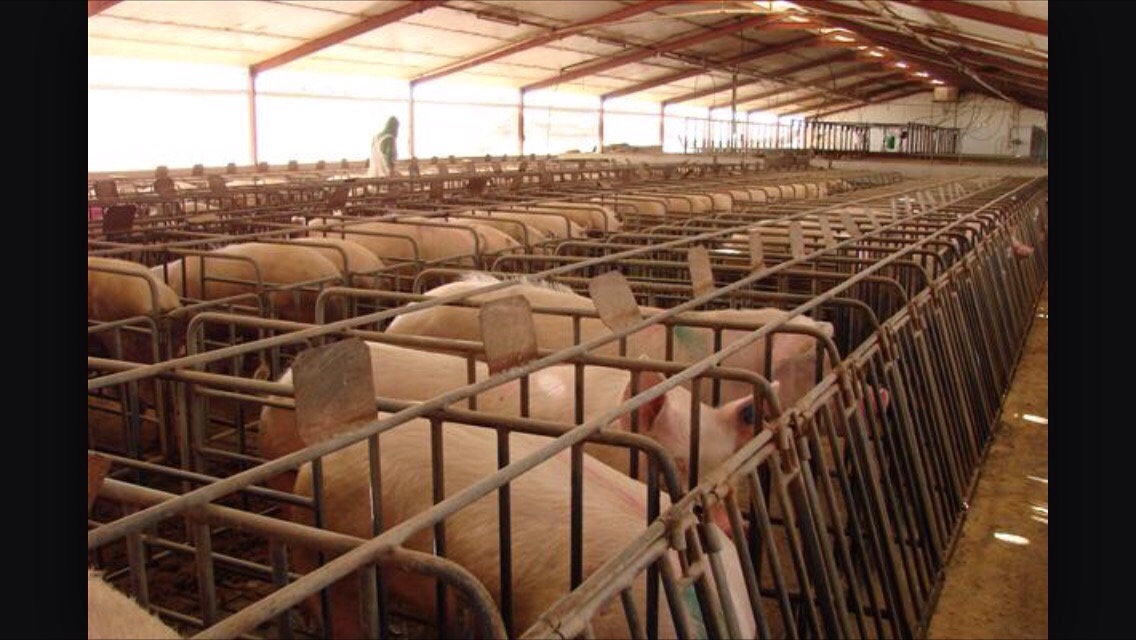



The longer I continue on this vegetarian/vegan lifestyle the more baffled I am as to why eating meat or at least eating such quantities of animals, remains the norm. Shouldn’t meat eaters be asked to justify their choices? Are we not all aware of the terrible environmental effects that these factory produced animals are having on planet earth? These animals alone produce more greenhouse gases than all the planes, trains and automobiles put together. It seems crazy to me when we only have one planet that can sustain life we are not doing more to protect her. As I see it vegetarians and vegans are the antidote to industrial farming . They are informed about modern day farming and its effects on our planet and on our health. Why should we be repeatedly asked to explain our dietary habits? It is a reflection of a misinformed society and awareness is the first step to making a change.
“O come now! Why should you call on me to account for eating decently? If I battened on the scorched corpses of animals you might well ask me why I did that!” George Bernard Shaw’s reply when asked why he was a vegetarian, 1898.
If this is something that you are interested in becoming more aware of I’ve listed a few documentaries, debates, speeches and books that might be of interest to you.
Tv viewing
Documentaries. (all found on YouTube)
Speech (all found on YouTube)
Debate (found on YouTube)
- Should everyone go vegan?
Books
- Crazy Sexy Diet – Kris Carr
- The China report – Dr Colin Cambell
- Deliciously Ella – Ella Woodward
- Veganomicon The Ultimate Vegan Cookbook – Isa Chandra Moskowitz
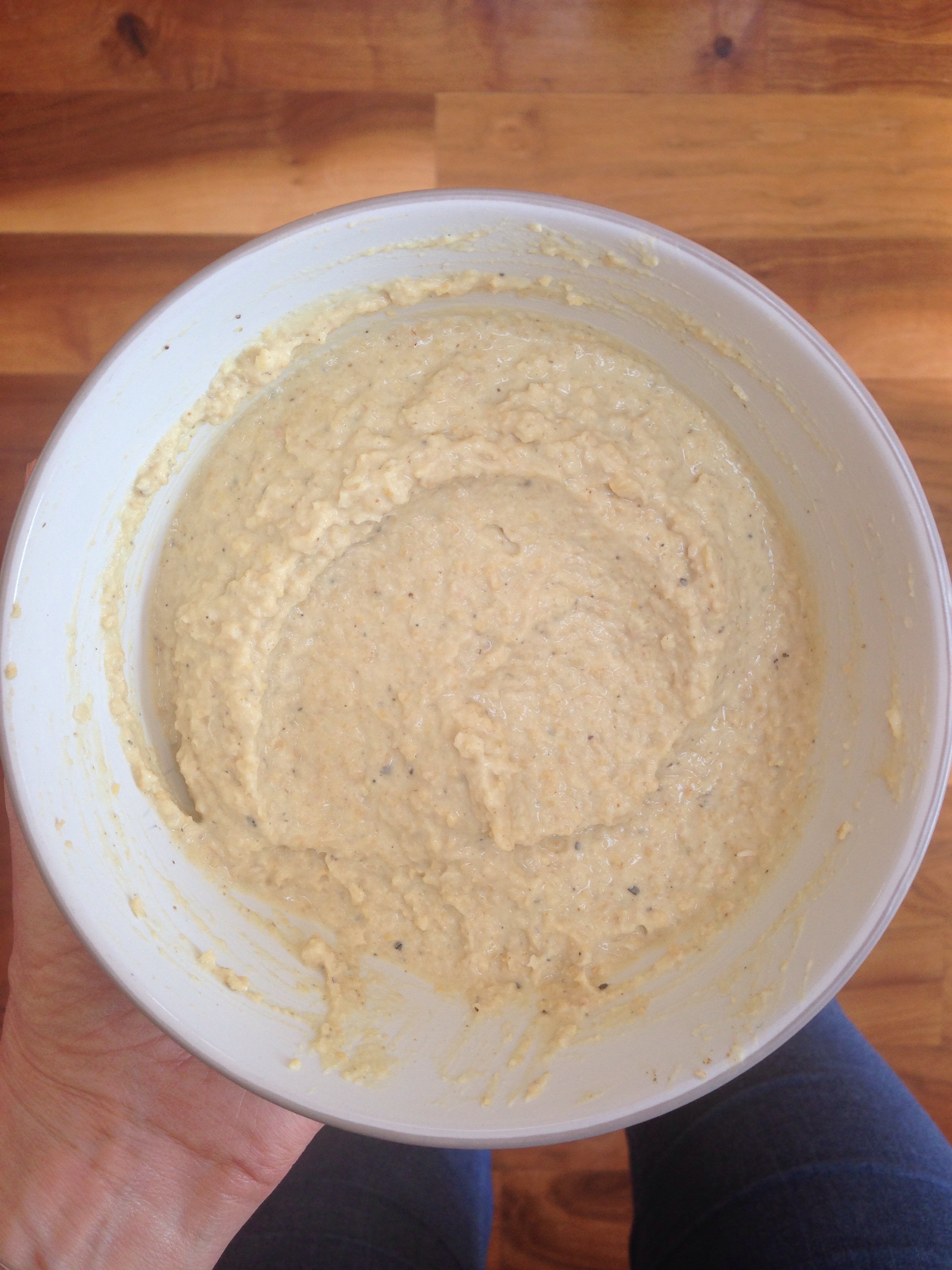
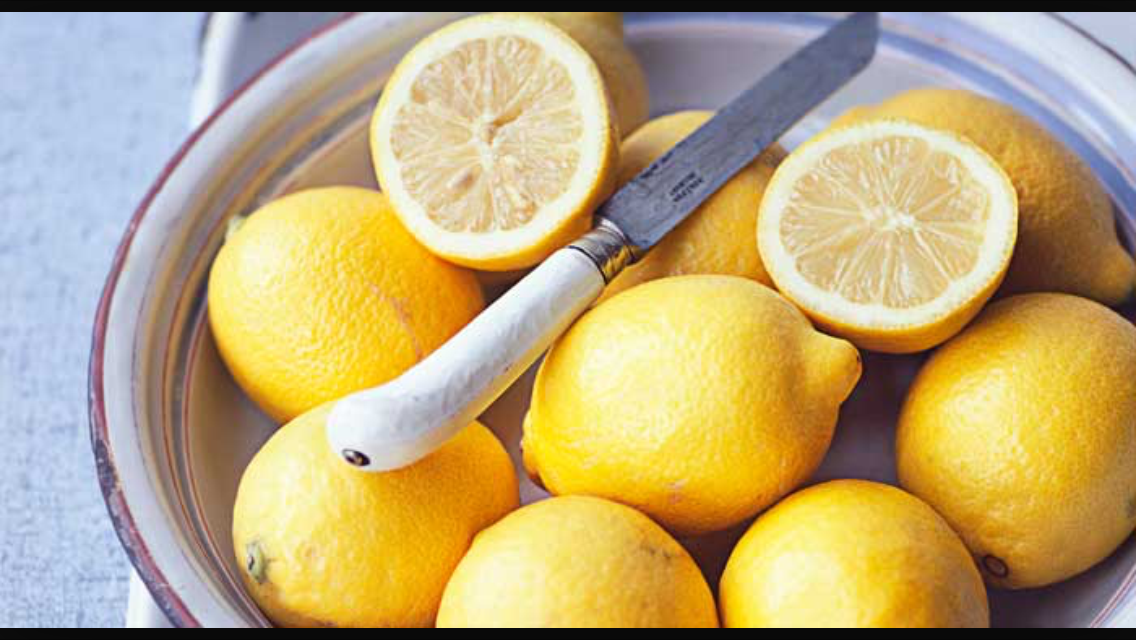











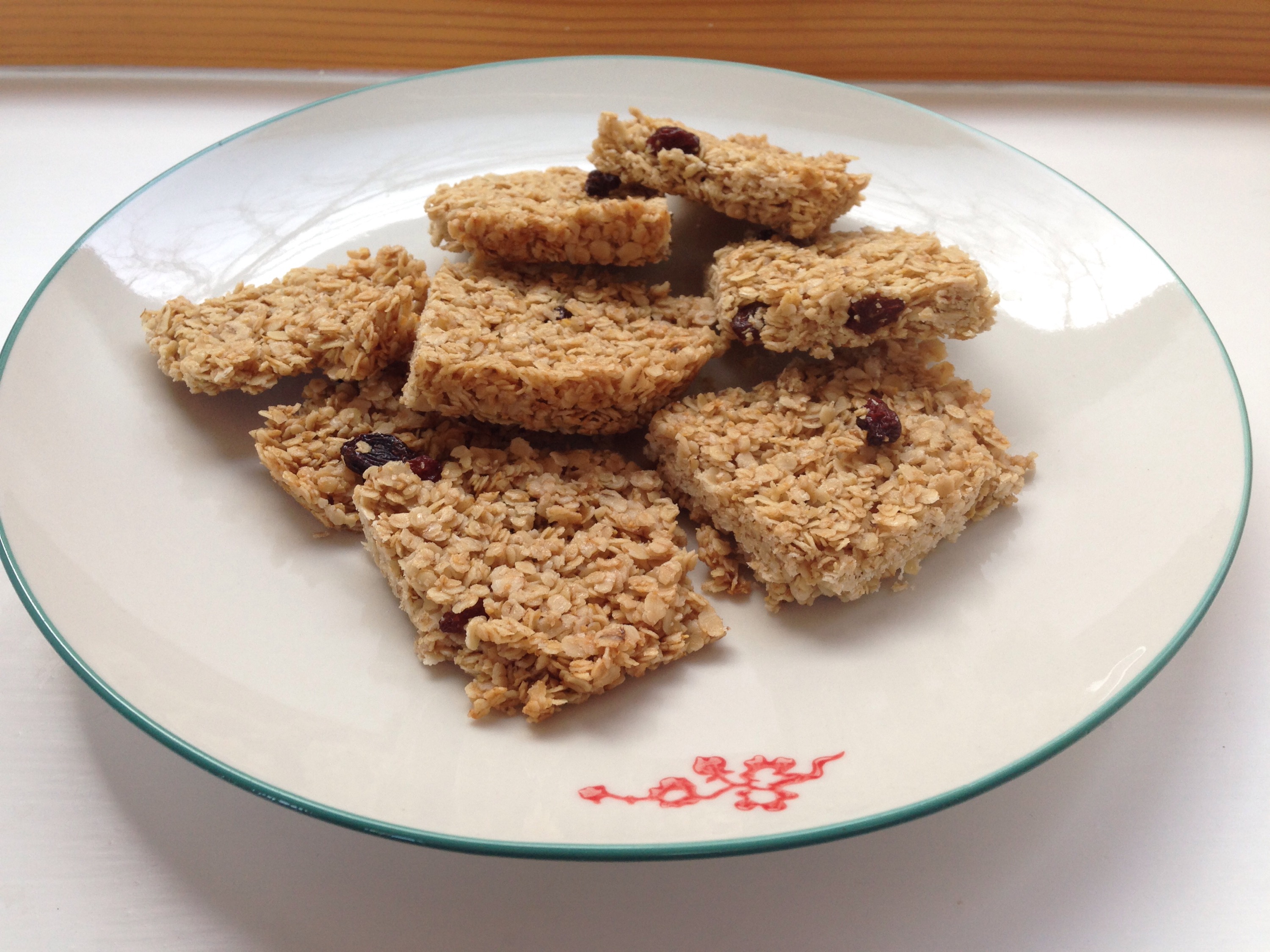
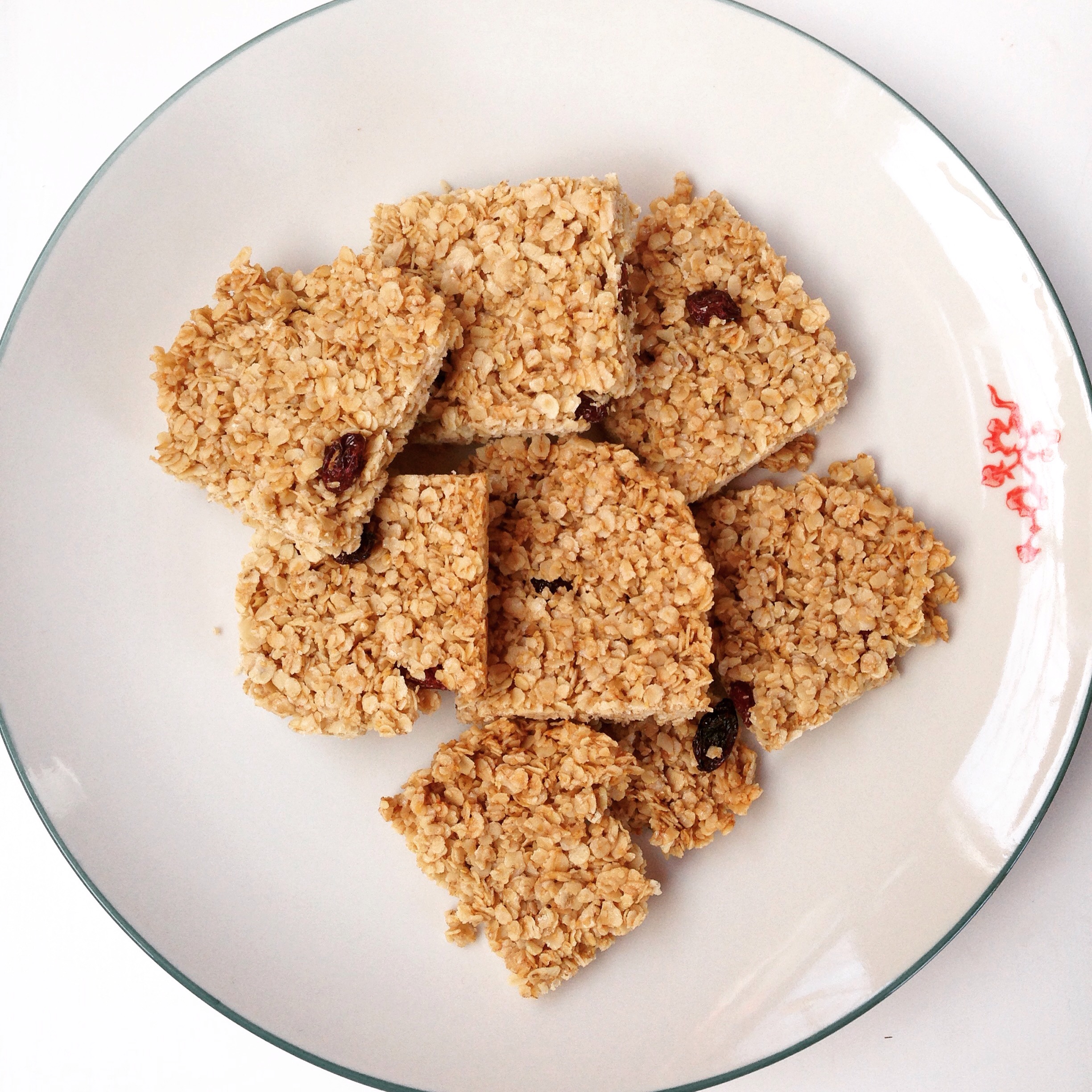 I sometimes get hit by a mid afternoon slump and fancy something sweet but I like to make sure that the sweet treat is also good for me. Yesterday I was tired from a busy few days so didn’t want to have to go to much effort. These flapjacks are super easy, use only 4 ingredients and yes they are good for you! Delicious with an afternoon cup of tea.
I sometimes get hit by a mid afternoon slump and fancy something sweet but I like to make sure that the sweet treat is also good for me. Yesterday I was tired from a busy few days so didn’t want to have to go to much effort. These flapjacks are super easy, use only 4 ingredients and yes they are good for you! Delicious with an afternoon cup of tea. 